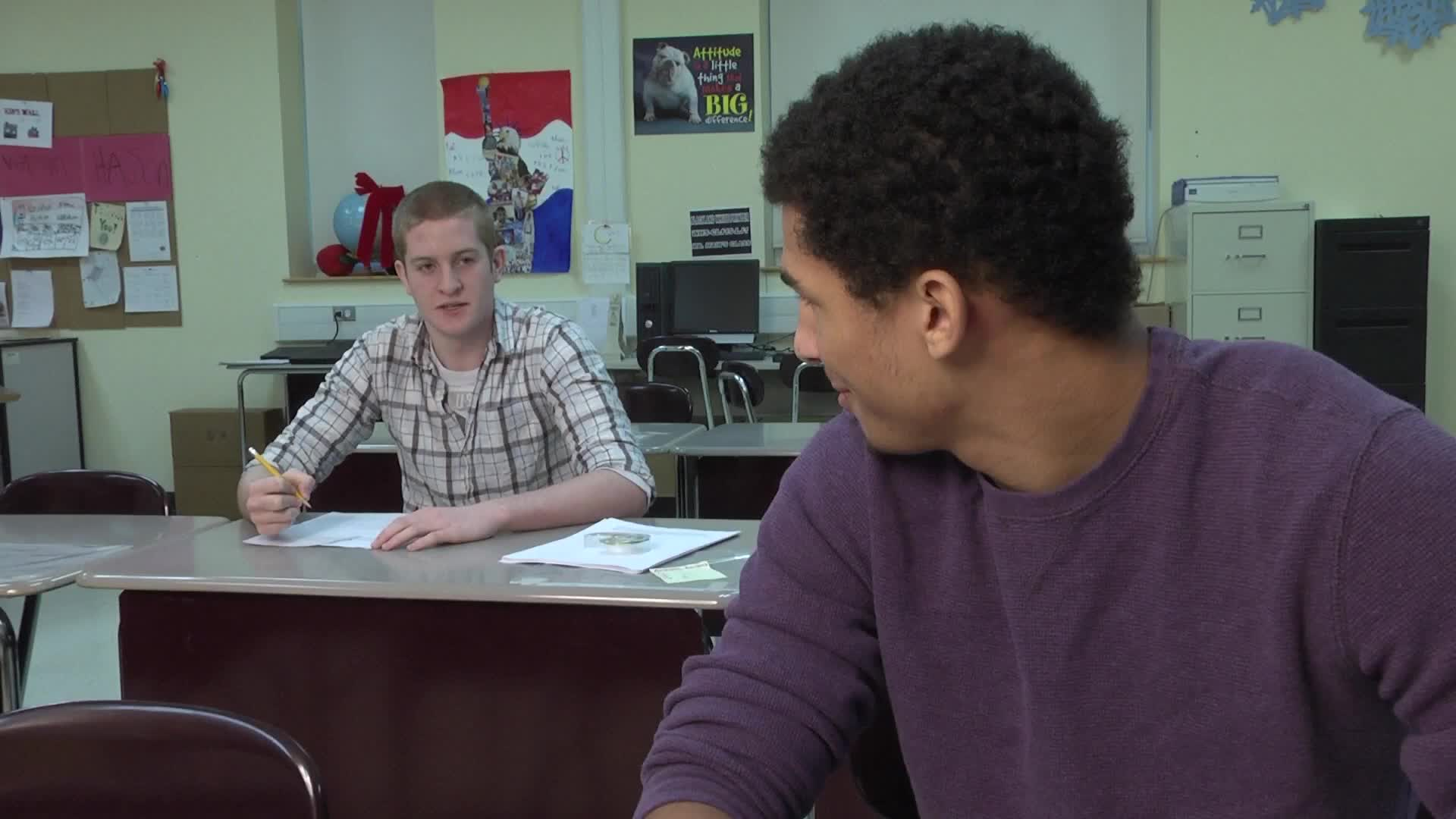
Introduction
Life is full of surprises, and it’s essential for students to learn how to handle changes in their schedule. Some children may feel comfortable with their daily routines, but it’s important for them to develop the ability to adapt to new situations. In this blog post, we will discuss an easy, no-prep activity that educators can use to teach elementary students the importance of being flexible and handling schedule changes. We will also provide discussion questions and related skills that can help students build resilience and adaptability.
No-Prep Activity
This no-prep activity is called “Surprise Schedule Shuffle.” Begin by having your students sit in a circle. Explain that you will be calling out different activities that might happen during a typical school day, but with a twist: the order of the activities will be shuffled. The students’ task is to pretend they are going through the day, reacting to the changes in the schedule. Encourage them to think about their feelings and reactions to these changes. For example:
- Art class right after lunch
- Math class before morning recess
- Extra recess instead of a science lesson
After playing the game, have a group discussion about how the students felt and reacted to the unexpected schedule changes. This activity will help them practice adapting to new situations and understanding the importance of flexibility.
Discussion Questions
- How did it feel to have your schedule changed during the activity? Did it make you feel uncomfortable, excited, or something else?
- Why do you think it’s important to be able to adapt to changes in your schedule?
- What strategies can you use to help you stay calm and focused when your schedule changes unexpectedly?
- How can being flexible and adaptable help you in other areas of your life?
- Can you think of a time when you had to adapt to a change in your schedule? How did you handle it?
Related Skills
Besides learning to adapt to schedule changes, there are other related skills that can help students develop resilience and flexibility. These skills include:
- Problem-solving: Encourage students to think critically and find solutions to challenges that arise from schedule changes.
- Communication: Teach students to express their feelings and concerns about schedule changes in a respectful and constructive manner.
- Self-awareness: Help students recognize their own reactions to change and identify strategies to manage their emotions.
- Empathy: Encourage students to understand and respect the feelings of their peers when they experience schedule changes.
Next Steps
Teaching students to adapt to schedule changes is an essential aspect of social-emotional learning. By incorporating the no-prep activity, discussion questions, and related skills outlined in this blog post, educators can help students develop the resilience and flexibility they need to navigate the ever-changing world around them.
If you’re interested in exploring more social-emotional learning activities and resources for your students, we invite you to sign up for free samples at Everyday Speech. Our sample materials cover a wide range of topics and skills, providing you with valuable tools to support your students’ growth and development.

